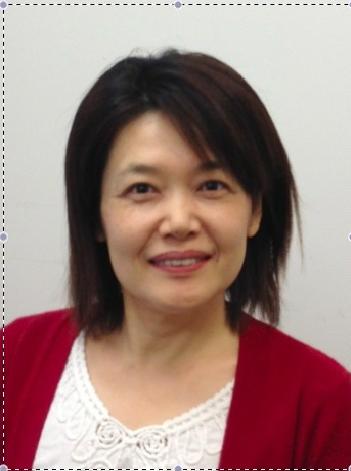
Hideko Yoshimoto
Abe Fellowship 2011
Project Title
American Public Diplomacy and News Framing of Okinawa Institutional Affiliation (at time of award)
Associate Professor, International Studies, Yamaguchi University 